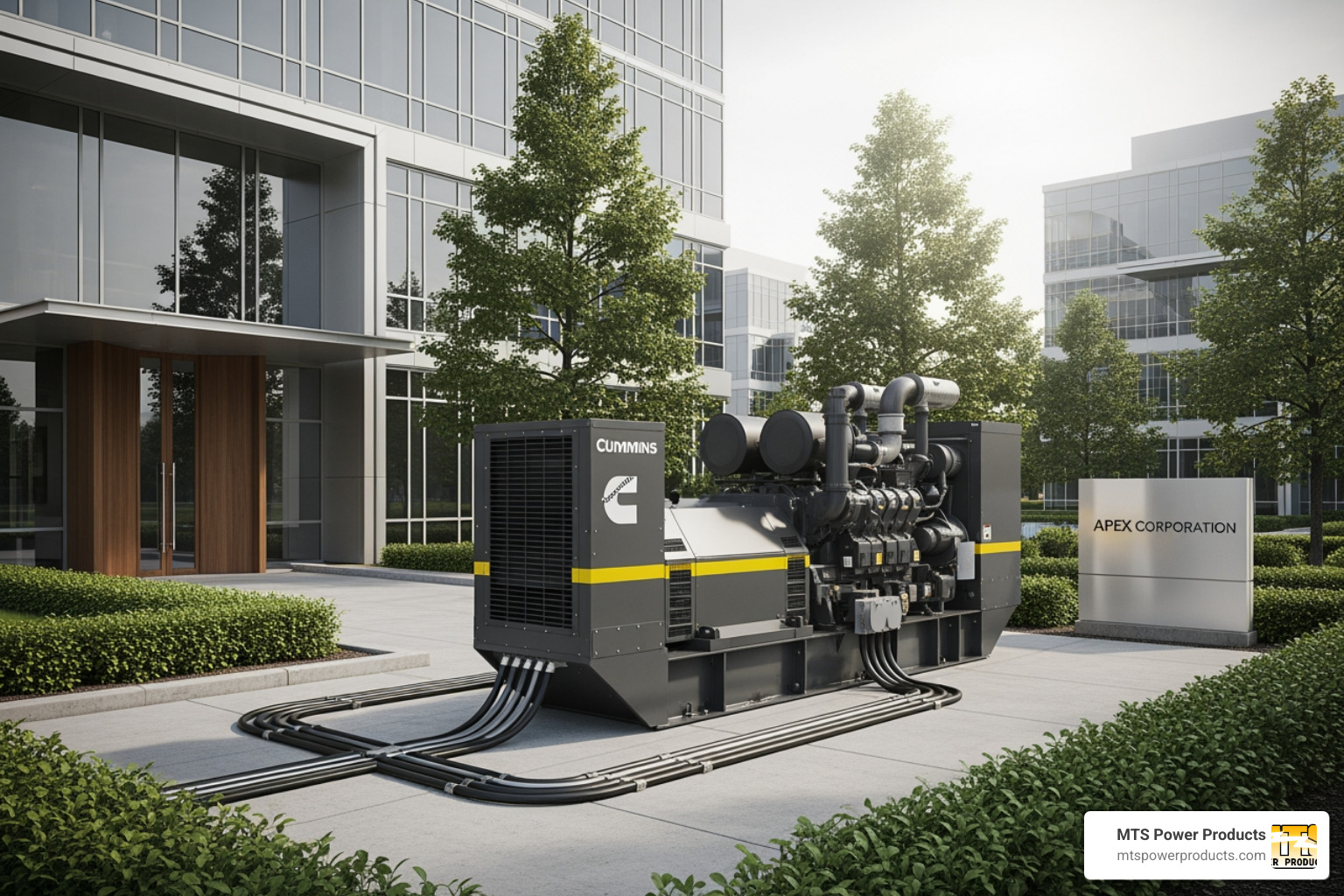
Buy Direct
from the Manufacturer
Sell our Products
Become a Distributor
Discounts
on volume purchases
Visit Us
at our Miami office
from the Manufacturer
Become a Distributor
on volume purchases
at our Miami office
The regular occurrence of natural disasters such as hurricanes, tornados, wildfires, earthquakes, and floods have led many homeowners to consider emergency home generators to provide backup power when it’s needed most. There are however some factors to consider when researching new residential backup generators.
There are a wide variety of not only different fuel sources but also the kind of transfer switch and power requirements. Below is a useful list of things to consider when purchasing a residential backup generator:
Emergency home generators are commonly available in three different fuel source options. These fuel sources include liquid propane, diesel fuel, and natural gas. Each one of these fuel sources come with their own pros and cons which are important to understand.
The easiest way to determine what is the best fuel source for your residential generator is to first determine your power supply needs. This will help narrow down the choices. For instance, a moderately sized home will most likely not need a diesel fuel source since this is much larger and more expensive.
A liquid propane emergency residential generator will require a large tank to run effectively for any real length of time. Natural gas generators require gas lines and meter to run properly. You can find out if your home has these to determine the best option or speak to a generator specialist for help.
The size and strength of emergency home generators is determined by its power requirements. In the state of Florida, an average single story home is approximately seventeen-hundred to eighteen-hundred square feet while a two-story home is about twenty-five hundred to twenty-six hundred square feet. An emergency backup generator will, therefore, most likely be more costly and larger when powering a larger residence.
Another great way to determine what power requirements you may need is to take into consideration the number of things you will need in the event of an emergency. Do you need power to refrigerate medication and food or only power a few essential appliances? Depending on what you need to be powered and the size of your residence will determine your home’s emergency power requirements.
Emergency power generators just like any machine need to obviously be switched on before it can work. This is made possible by the automatic transfer switch making it an integral part in deciding what residential backup generator is best for you. The automatic transfer switch turns on the backup generator when the primary power goes out during an emergency.
The goal of an automatic transfer switch is to have a seamless switch the moment a power outage is detected. In order to achieve this, you will need to have an understanding of the amperage on the electric service panel found on the main breaker in your home.
The typical residence in the state of Florida uses a two-hundred amp main breaker. However, older homes may be equipped with a much smaller one-hundred to one-hundred fifty amp main breaker. If you aren’t sure, the experts at MTS Power Products can help determine this information.
Facebook | Twitter | Google+ | YouTube